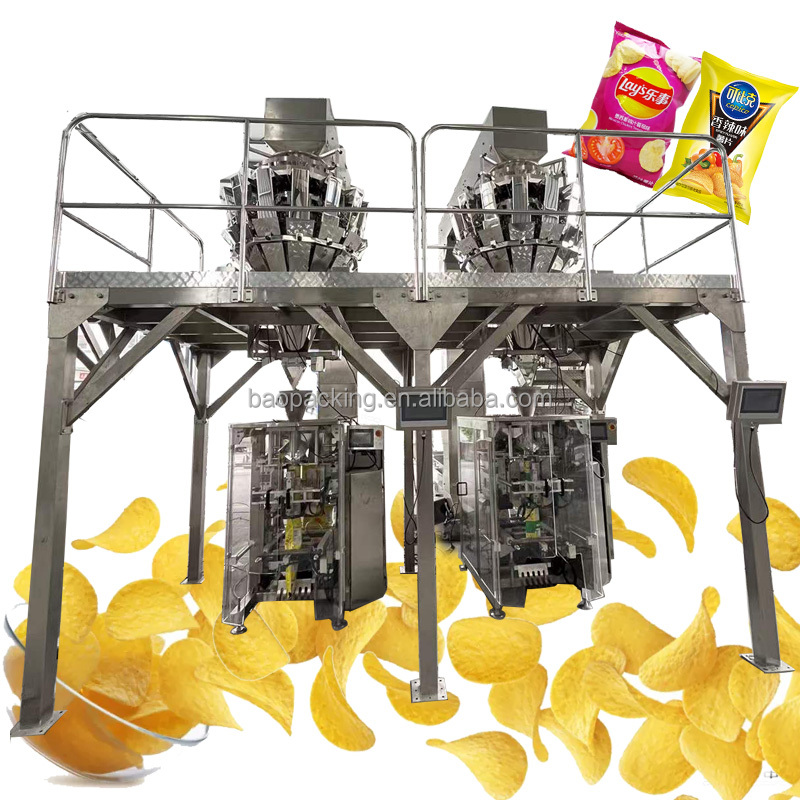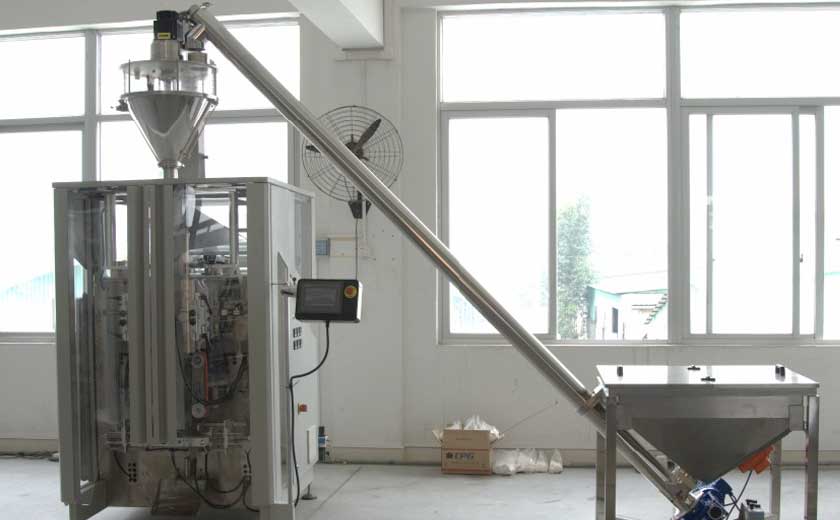How Automatic Auger Filling Machines Ensure Accurate Filling
Automatic auger filling machines are designed to dispense precise amounts of dry, powdered, or granular products into containers. They play a crucial role in various industries, including food, pharmaceutical, and chemical manufacturing. Ensuring accurate filling is paramount for maintaining product quality, consistency, and regulatory compliance. Here’s an in-depth look at how these machines achieve precise filling.
High-Precision Augers
The augers used in automatic filling machines are meticulously engineered to deliver precise dosing. They feature specialized flights that gently convey the product into the container without damaging or altering its properties. The pitch and diameter of the auger determine the volume of product dispensed per revolution, ensuring consistent filling accuracy.
Variable Speed Control
These machines are equipped with variable speed control systems that allow operators to adjust the auger’s rotation speed. By finely tuning the speed, the machine can accommodate products with varying flow characteristics and densities. This ensures optimal filling speed while maintaining accuracy.
Precise Fill Level Detection
Automatic auger filling machines employ sophisticated sensors to detect the fill level within the container. These sensors typically use optical or ultrasonic technology to monitor the product’s surface. Once the desired fill level is reached, the machine automatically stops the auger, preventing overfilling or underfilling.
Closed-Loop Feedback System
Some advanced automatic filling machines incorporate closed-loop feedback systems to further enhance accuracy. These systems continuously monitor the actual fill weight using load cells or other weighing devices. Any deviations from the target weight are detected and automatically corrected by adjusting the auger’s speed or other parameters in real time.
Product Flow Control
To ensure consistent product flow, automatic auger filling machines often incorporate agitation mechanisms that prevent bridging or clumping. These mechanisms gently stir or aerate the product, promoting smooth flow through the auger and into the container.
Calibration and Validation
Regular calibration and validation are essential to maintain the accuracy of automatic auger filling machines. Calibration involves setting the machine’s parameters, such as auger speed and fill level, according to the specific product being filled. Validation involves testing the machine’s performance to verify that it consistently meets established accuracy standards.
Accuracy Verification
In addition to calibration and validation, automatic auger filling machines often incorporate built-in accuracy verification features. These features may involve statistical process control (SPC) or other monitoring systems that continuously track the machine’s performance, identify any deviations, and trigger corrective actions as necessary.
Conclusion
Automatic auger filling machines are indispensable tools for accurate and efficient filling in various industries. By utilizing high-precision augers, variable speed control, precise fill level detection, closed-loop feedback systems, product flow control, calibration and validation, and accuracy verification, these machines ensure consistent, reliable, and cost-effective filling operations. They play a vital role in maintaining product quality, meeting regulatory requirements, and maximizing productivity.
-
Overview of Packaging Machine Buying Guides
08-01-2024 -
How Does a Vertical Form Fill Seal Machine Work?
30-10-2023 -
Advancements in Auger Powder Filling Technology
27-10-2023 -
A Deep Dive into Automatic Packaging Machines
26-10-2023 -
The Revolutionary Fully Automatic Potato Chips Packaging Machine
20-09-2023 -
How to choose the right packaging machine?
23-08-2023 -
Reducing Waste And Maximizing Yield With Multihead Weigher Machines
15-03-2023 -
Nuts Packaging Machine for Dry Products Perservation
26-11-2022 -
Is Automated Biscuit Packaging Machine Better Than Manual Opeartion?
25-11-2022













